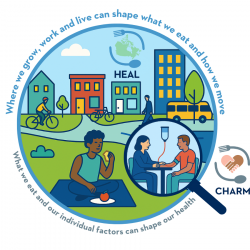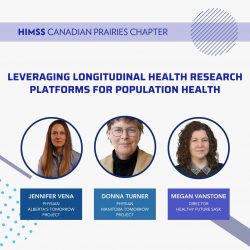CanPath Access Office Hours
Planning a grant application for 2026 or shaping a project idea now? Have questions about CanPath data, biosamples, the Portal, or need a letter of support? Join the CanPath team on January 22nd at 1pmAST for their Access Office Hours, a live, informal Q&A with the CanPath and Maelstrom Research teams! Whether you’re getting started or refining an application for upcoming funding opportunities, this is a great chance to get personalized guidance in a small, researcher-focused setting. Meet the team:🌟 Nouar ElSaid ElKhair, CanPath Access Officer🌟 Anouar Nechba, Maelstrom Program Manager🌟 Tina W. Wey, Maelstrom Data Analyst🌟 Treena McDonald, CanPath Biosamples Coordinator Register: https://canpath.ca/2026/01/access-office-hours-jan-2026/










